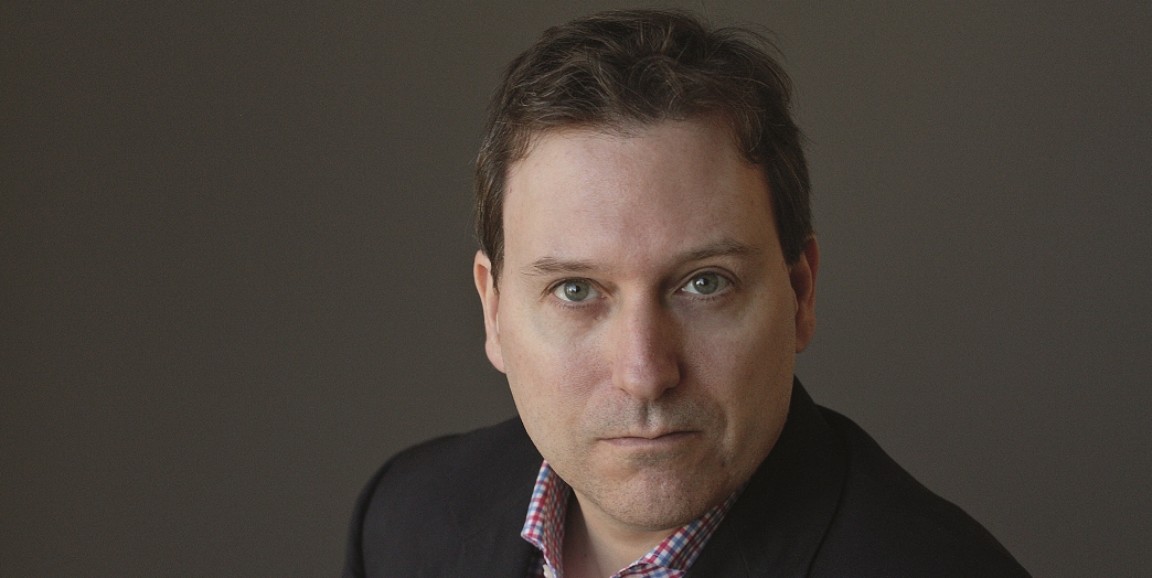Last week, I sat down with Wall Street Journal investigative reporter John Carreyrou for a 1:2:1 conversation about his bestselling book, Bad Blood: Secrets and Lies in a Silicon Valley Startup. He was at Stanford on a national book tour.
By now, you’ve probably read or heard about Carreyrou’s thrilling page turner about the rise and fall of Silicon Valley wunderkind Elizabeth Holmes and her bio-tech company, Theranos. She promised the world a breakthrough technology that would revolutionize health care.
“She had this cool vision,” Carreyrou explained. It was for "a portable device that could do all these blood tests from a tiny sample, which would make blood testing more user-friendly. It would cause people to get tested more often, and therefore diseases would get discovered at an earlier stage.”
That vision, however, never materialized. In his series of articles for the Journal, Carreyrou uncovered lies, deception and corporate fraud on a massive scale. The company, once valued at $9 billion dollars, no longer exists and Holmes along with the company’s COO, Ramesh “Sunny” Balwani, is facing federal criminal indictments for fraud and conspiracy.
I read Bad Blood just after it was published. It reminded me of the great non-fiction investigative reporting in All the Presidents Men by Woodward and Bernstein. Drip by drip and detail by detail, investigative reporter par excellence.
Since the media was complicit in building Holmes into an industry superstar, I asked Carreyrou if there were any lessons in this saga for journalists. He told me:
I think the lesson is that we need to be a watchdog here in Silicon Valley, in the same way we’re a watchdog in Washington. There’s a long culture of watchdog and investigative journalism on the East Coast and usually its directed at the government.
I think Silicon Valley has become such an important part of the American economy. You look at the previous crop of start-ups, and they’re the biggest companies in the world. Two of them, Apple and Amazon, if you stretch the definition of what Silicon Valley is, are worth almost a trillion dollars… All of this combines to make Silicon Valley a really important part of contemporary American society.
We, the press, need to cover it with some skepticism and not take everything that these founders tell us at face value. Hail the successes when there are true successes, but also not be afraid to call out the failures and the frauds.
And a cautionary tale for Silicon Valley?
“Being a smart entrepreneur who dropped out of Stanford with a cool vision and [who] is able to raise a lot of money and pitch that cool vision doesn’t excuse lying and cheating and committing white collar fraud,” he said.
Photo by Michael Lionstar




